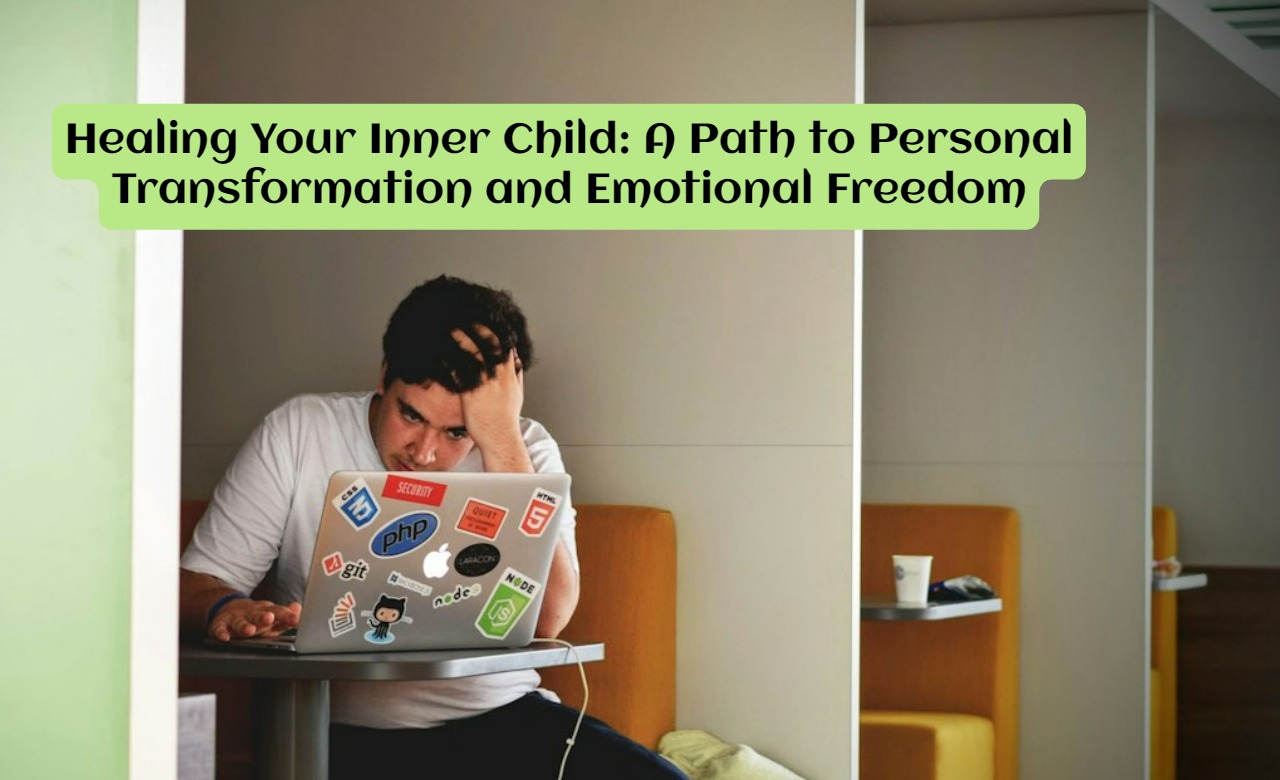Which of the following statements about stress management is true?
- True: Stress management encompasses a variety of techniques and practices aimed at reducing and coping with stress. This can include mindfulness, relaxation techniques, exercise, proper time management, and seeking social support.
2. Avoiding Stressful Situations Completely is the Best Way to Manage Stress
- False: It is impossible to completely avoid all sources of stress in life. Instead of avoiding stressors, it’s more effective to develop healthy coping mechanisms and resilience to deal with challenging situations when they arise.
3. Regular Physical Activity can Help Reduce Stress Levels
- True: Engaging in regular physical activity has been shown to reduce stress levels and improve overall mental well-being. Exercise helps release endorphins, which are known as “feel-good” chemicals that can help combat stress and anxiety.
4. Stress is Always Harmful and Should Be Eliminated Entirely
- False: Not all stress is negative; there is such a thing as “good stress” or eustress, which can motivate and drive individuals to perform at their best. It is chronic, prolonged stress that is harmful to physical and mental health and needs to be managed effectively.
5. Mindfulness and Meditation Practices can Help Alleviate Stress Symptoms
- True: Mindfulness and meditation techniques are proven methods for reducing stress and promoting relaxation. By focusing on the present moment and cultivating a sense of calm awareness, individuals can better manage stress and anxiety.
6. Seeking Professional Help for Severe Stress Is a Sign of Weakness
- False: Seeking professional help for severe stress or mental health issues is a sign of strength and self-awareness. Mental health professionals can provide valuable support, guidance, and tools to help individuals cope with stress and improve their overall well-being.
7. Effective Stress Management Can Improve Overall Quality of Life
- True: By learning to manage stress effectively, individuals can experience improved physical health, better emotional well-being, enhanced relationships, and increased productivity. Stress management is integral to maintaining a balanced and fulfilling life.
In conclusion, stress management is a multifaceted process that involves understanding stress, implementing healthy coping strategies, and seeking support when needed. By dispelling misconceptions and embracing effective stress management techniques, individuals can cultivate resilience, enhance well-being, and lead a more balanced life.


